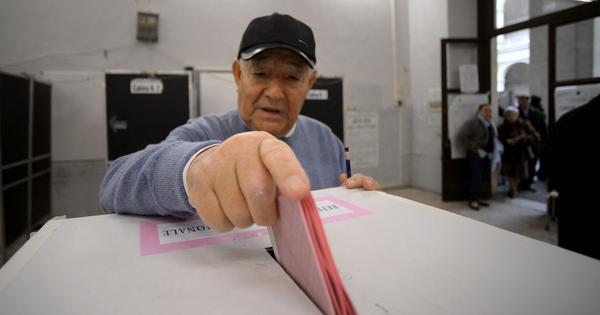In December 2016, Italian voters went to the polls to approve a constitutional reform. The reform had two principal aims. It wanted to dismantle Italy’s so-called “perfect bicameralism”, where both houses of parliament have equal powers. It also aimed to redistribute legislative competencies between central and regional governments. The reforms were largely the brainchild of then-Prime Minister Matteo Renzi, who intended them to improve the efficiency of Italy’s democratic processes.
The referendum campaign became one of the most bitterly fought contests in postwar Italian politics. All parties supporting the government united in advocating the reform. All opposition forces, meanwhile, from the centre-right and the left, campaigned against it. Voters eventually rejected the reform and Renzi resigned as a consequence.
The referendum represented an almost unique opportunity for public intellectuals and academic experts to drive public debate about the shape and…
